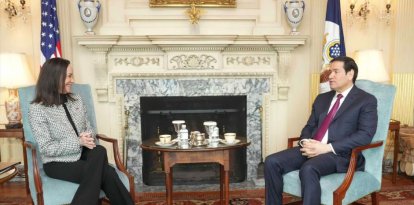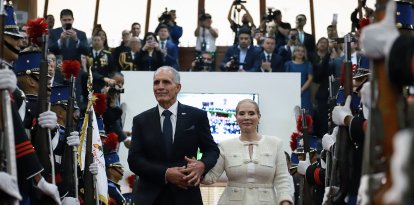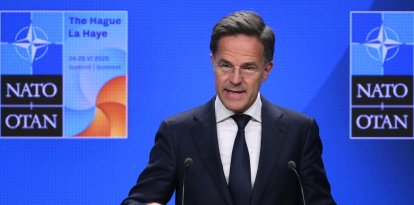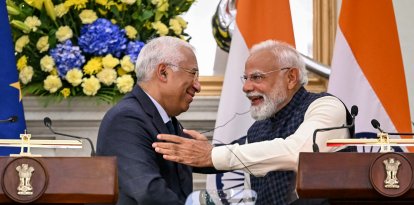Despite Hezbollah's repeated attacks, Israel has reservations about escalating conflict with Lebanon's terrorist group
Hassan Nasrallah's group has tenfold the military capacity that Hamas had on October 7, when it began the war against Israel.
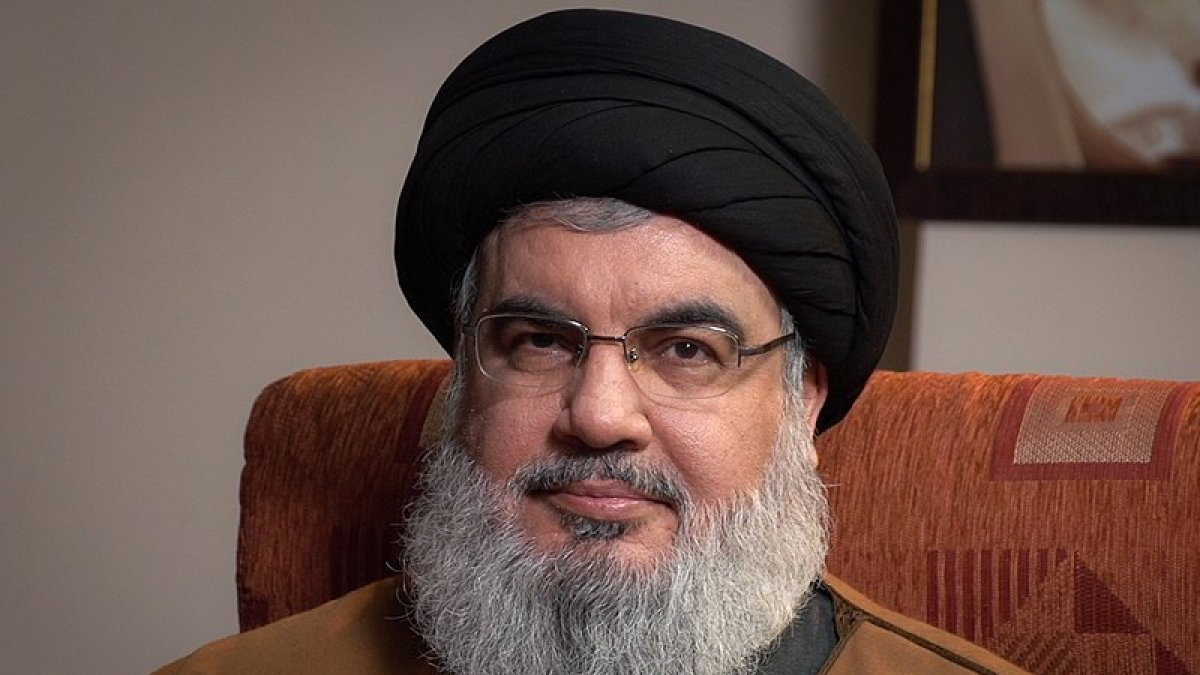
Wikimedia Commons
Since Hamas began a war with Israel on October 7, Hezbollah, a Lebanese military group backed by Iran, has become a key ally for terrorists against the Jewish state. With its repeated attacks in the North of the country, everything seemed to indicate that a stronger military escalation between Hezbollah and Israel was imminent, a possibility that is no longer so certain.
In recent days, the Lebanese paramilitary group attacked the North of Isreal with drones and rockets, leaving fires and evacuations in its wake.
However, after the ceasefire promoted by the United States, and according to The Jerusalem Post, an agreement between the two could be closer than expected.
"And yet, even if a ceasefire between Israel and Hamas does not go into effect imminently, the chances of a major war between the Jewish state and Nasrallah may be much further off than how things look because of a major disagreement between the defense establishment and the government," the Jerusalem Post explained.
Israel's doubts about Hezbollah
Specifically, they note that Nasrallah was clear from the beginning about his intentions in attacking Israel and that the attacks would take place for the duration of the war with Hamas.
On Israel's side, the more bellicose stance of the Israel Defense Forces (IDF) clashes with Netanyahu's more prudent option.
"Within the IDF, many have grown impatient about finally being given the opportunity to teach Hezbollah a lesson and to facilitate returning the northern residents to their homes with an exclamation point," the Jerusalem Post explained.
On the other hand, they add that it is "unlikely that Netanyahu will risk a major war with Hezbollah if a ceasefire already exists."
Netanyahu's differences with the IDF have a lot to do with the "between scenario." While much of the government believes that any military escalation could get out of control initially, the IDF is confident in a much shorter escalation lasting a few weeks.
"Netanyahu would rather indefinitely put off a bigger war in the North, and have it occur only if there is some new larger provocation. (...) The IDF would rather take advantage of its heightened readiness and the weakened defensive position it has put Hezbollah in to fight what it views as an inevitable war, even if the battle could be postponed a few more years," the Jerusalem Post added.
A future war between Israel and Hezbollah could potentially be more stormy than that between Hamas since the Lebanese group has more than 150,000 rockets, about ten times more than Hamas had on October 7.














